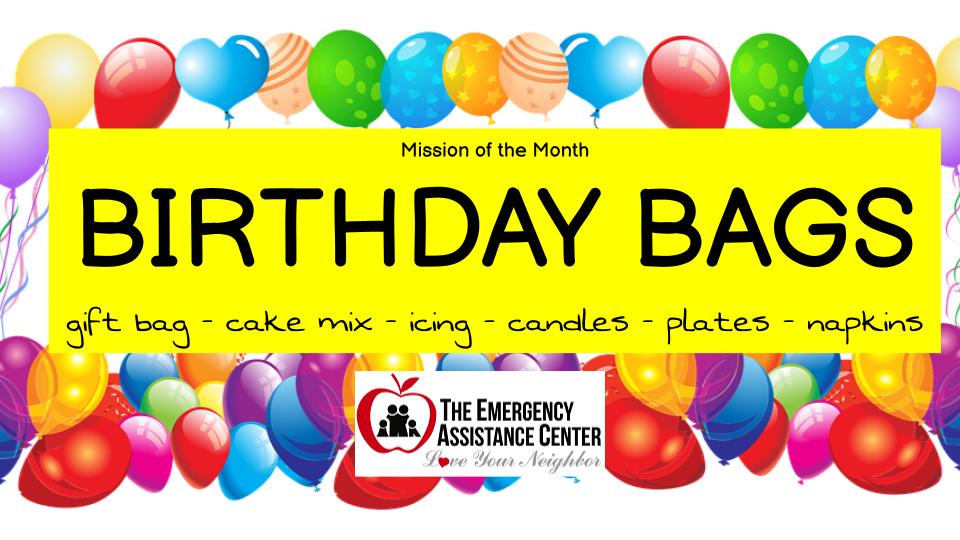Matthew 22:1-14
Human society is consumed with the “Who’s Who” of entertainment, wealth, trend setters, even our social clique, and the most coveted thing is the invite to the party. In our parable this Sunday, there is the Social Event of the decade, the Royal Wedding. The invitations are sent out, but when the time comes for the R.S.V.P. there is nothing but regrets or even ignoring of the invitation.
The invited become the disinvited. Yet, the King wants his banquet filled! So the unpopular, the losers, the outcast, and the undeserving are brought into the banquet hall to the joy of the King.
Yes, as you read the text, this is a complicated parable (the simpler version is in Luke 14.) But the surprising event in the parable is that people ignore the great invitation. This is the response that we often see to the Good News God is offering. People’s lives are filled with property, careers, entertainment that they just ignore God’s gracious invitation. The challenge of this parable, and especially Matthew 22’s record of it is: “Do we take the invitation of God seriously?” Not only the invitation to experience the forgiveness and grace through Christ, but even the daily invitation to walk with God, to be in the presence of God, and to have God in our lives. We often ignore that invitation.
That is what Lent is for, the putting aside, at least for a short period of time, the things that crowd our lives and take up the room for God. The honor it is to be invited to the Royal Wedding should signify to us the desire that God has to be in fellowship with us, to be at a party with us.
Mar 10
Social Event of All Eternity
Feb 09
God is Still Speaking
We come now to the parable of the Wheat and Weeds. In the context Matthew sets for us there are several parables in Matthew 13. He also included a quote from the Psalms that told why Jesus talked in Parables.
“The more your story requires the hearers to think, the better your story is.” Considering this quote from a recent book on story-theory, Jesus’ stories have been occupying people’s minds for a couple thousand years. We often think that the meaning of a parable is set and often easy to understand. Yet, looking back over the history of this parable, it has said many different things in many different contexts. From the church’s experience in the world, the Rabbis used it to tell of Israel among the gentiles, St. Augustine used it to restrain church discipline, to the question of how do we know who in our church are true believers are just some of the ideations of this parable throughout the years.
That is why parables are so fascinating, God is still speaking to us through them after all these years. And even with Jesus’ interpretation of this parable that follows, there is still much that we are required to think about and allow God to speak to us.
Pastor Greg
Feb 05
Hope for the Authentic
Matthew 7:13-29
This is the last sermon from the Sermon on the Mount in our series. In the end of his Sermon, Jesus is talking about genuine and false, authentic and fake, truth and lies, success and ruin. In the picture of the Judgement, Jesus talks to some people that thought their words were all that were needed. Words alone do not make for authentic living.
Are our words out of sync with our actions? Someone caught up in an addiction may say they love their family, they want to do better, they are so sorry and will never do it again; yet return to their addictive substance. Words alone do not make us righteous. In the end, the King of the Kingdom will not be fooled by words alone, he is able to discern the authenticity of our hearts, our self-portrayal to others.
The fact is, our words need to reflect what is actually taking place in our inner lives and unless the words are translated into concrete actions, they are meaningless. We may be those that call for justice for the oppressed but are we kind to them. We may do impressive deeds, signs and wonders, but are we manifesting the heart of our Heavenly Father that is redeeming humankind through the sacrifice of his son? Are we truly doing the will of the one we call Father in Heaven?
Pastor Greg
My regular office hours are Tuesday and Thursday from 10 to 2,
and I am glad to schedule appointments other times also.
Jan 26
Hope for the Worriers
Matthew 6:24-34
This Sunday our text is a very challenging one for us. As we read Jesus’ discussion of “do not worry,” we will be thinking about what disturbs our serenity and peace of mind. “What shall I eat?” or “What will I wear?” or “What will happen tomorrow?” are the questions that are keeping us awake at night, that keep us from enjoying today, and keep us from seeing God’s provision for our life.
In the verses earlier Jesus told us to pray, “Give us today the bread we need.” That is obviously a reminder of God providing manna in the wilderness. As God provided manna, the Israelites has to trust the daily provision. Those that hoarded it as they feared for tomorrow, experienced worms and stench in their tents. Those that did not observe the Lord’s commands to respect the Sabbath, went without and were hungry. Our daily bread comes from God, and as we understand God’s character and desire to care for us, we are able to live day-by-day not burdened by worry.
Jesus closes the section by telling us that each day is its own challenge. That is where our energies need to go as we face this day. Today when God’s manna is to be collected for this day. The sixth day, when we have to collect extra for the Sabbath has its own challenges. Then we live the Sabbath, where the provision of God is being supplied by the extra effort of yesterday. But each day is a day for us to know the God of provision, the God that cares for each of his children each day and understands the trials that each of us face.
Pastor Greg




